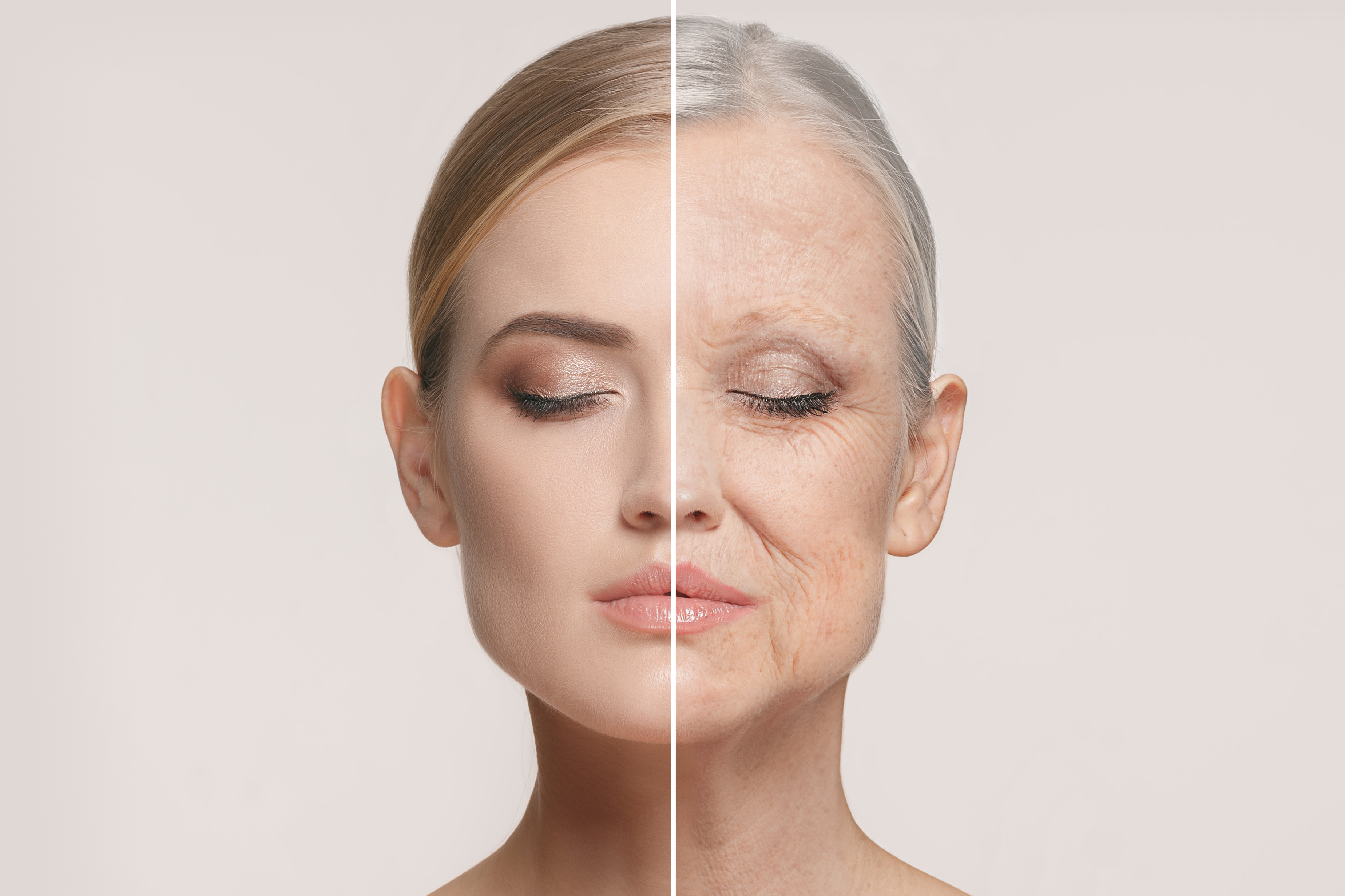The widespread accessibility and usage of electronic devices have led to an increased and unnecessary exposure to artificial light from light-emitting diodes (LEDs). Although undoubtedly helpful for carrying out the various tasks of life, LED devices pose certain health risks such as causing potential damage to cells in your eyes. Furthermore, the blue light emitted from LEDs has been shown to affect sleep through regulating the activity of melanopsin, a photoreceptor that is particularly sensitive to blue light. The more chronic issues are difficult to study due to the impracticality of longitudinal studies as a result of high human life expectancy. However, by using animal models with significantly shorter lifespans, it is possible to get some insight into how the usage of electronic devices impacts one’s life later on.
Image Source: Jenny Dettrick
Researchers from Oregon State University found that fruit flies exposed to blue light lived shorter lives than those not exposed to blue light. The study involved subjecting flies to 12-hour periods of blue light followed by 12-hour periods of darkness and other flies to no light or light without the blue wavelength. The no-light condition served as a baseline for which to compare the lifespans of the flies tested, and the non-blue light condition revealed the importance of blue light specifically in causing lifespan changes. Although flies exposed to light that did not have the blue wavelength lived minimally shorter lives (died at ~80-85 days) than those not exposed to any light at all (died at ~90-95 days), these flies still lived significantly longer than the flies exposed to blue light (died at ~40-60 days). The researchers also found that blue light exposure caused damage in the cells of the eyes and brain and hindered the ability of the flies to climb up walls. Strikingly, exposing mutated flies without eyes to blue light still resulted in cell damage in their brains and an inability to climb up walls normally.
Image Source: Nastasic
This study has several caveats, including flies being an imperfect model for human aging as well as a lack of any specific mechanisms as to how blue light actually induces early mortality through the assumed acceleration of aging. Nevertheless, the results of the study may serve as a further warning for individuals to limit their usage of electronics for health reasons beyond simply improving sleep.
Featured Image Source: master1305










